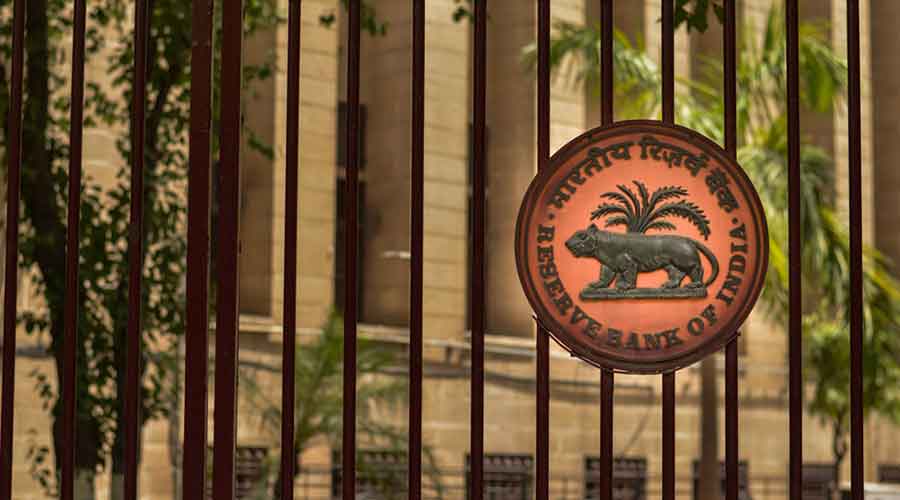The Reserve Bank of India (RBI) has for the first time permitted the transfer of loans tagged as frauds to asset reconstruction companies (ARCs).
The sale of fraud loans was allowed under the central bank’s revised guidelines for the transfer of loan exposures including stressed loans.
The latest master directions said lending institutions resorted to transfer of loans for a variety of reasons ranging from liquidity management to the expediency of re-balancing their exposures.
The new directive lays emphasis on transparency on transfer of loans that are not classified as stressed assets. It said the transfer of these standard asset loans should result in immediate separation of the risk and reward associated with the loan to the extent of the economic interest that will change hands.
Economic interest is the right that a bank has over a particular loan like earning principal and interest among others. Banking circles said in some transactions, the entire economic interest is transferred whereas in some cases there could be a partial transfer.
The RBI said that if the transferor (the entity offloading the loan) retains any economic interest in the exposure, the loan transfer agreement should clearly specify the distribution of the principal and interest income from the transferred loan between the two parties.
It added that loan transfers should result in transfer of economic interest without being accompanied by any change in underlying terms and conditions of the original loan contract with the customer. In the case of such transactions, by design, the legal ownership completely remains with the transferor even after economic interest has been transferred to the buyer. In such cases, the roles and responsibilities of both the parties should be clearly delineated contractually.
The master direction has also prescribed a minimum holding period for different categories of loans after which they shall become eligible for transfer.
It has been fixed a minimum holding period (MHP) at three months in case of loans with a tenor of up to two years and six months in case of loans with tenor of more than two years.
It also contained a section on sale or transfer of stressed loans. An interesting development here was the central bank allowing banks to sell loans characterised as fraud, which was not permitted earlier.
According to the RBI’s annual report for 2020-21, banks had declared loans worth Rs 1.38 trillion as fraud during the year.
Currently, stressed loans which are in default for more than 60 days or classified as non-performing asset (NPA-which are in default for 90 days) are permitted to be transferred to ARCs. “This shall include loan exposures classified as fraud as on the date of transfer,” the RBI said.
The central bank added that if such loans are transferred, the responsibilities of the transferor with respect to continuous reporting, monitoring, filing of complaints with law enforcement agencies and proceedings related to such complaints will go to the ARC.
“The transfer of such loan exposures to an ARC, however, does not absolve the transferor from fixing the staff accountability as required under the extant instructions on frauds,” it observed.











